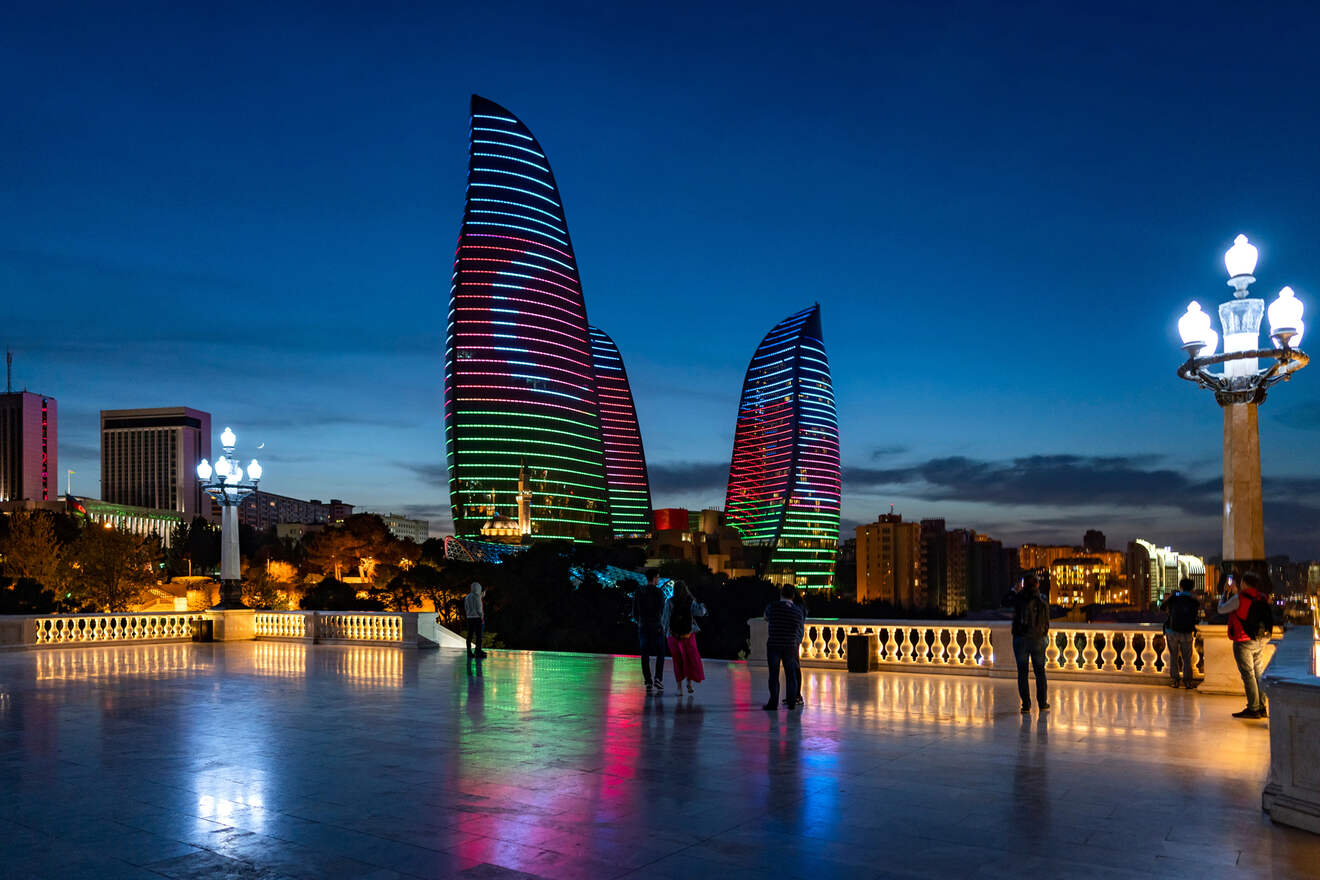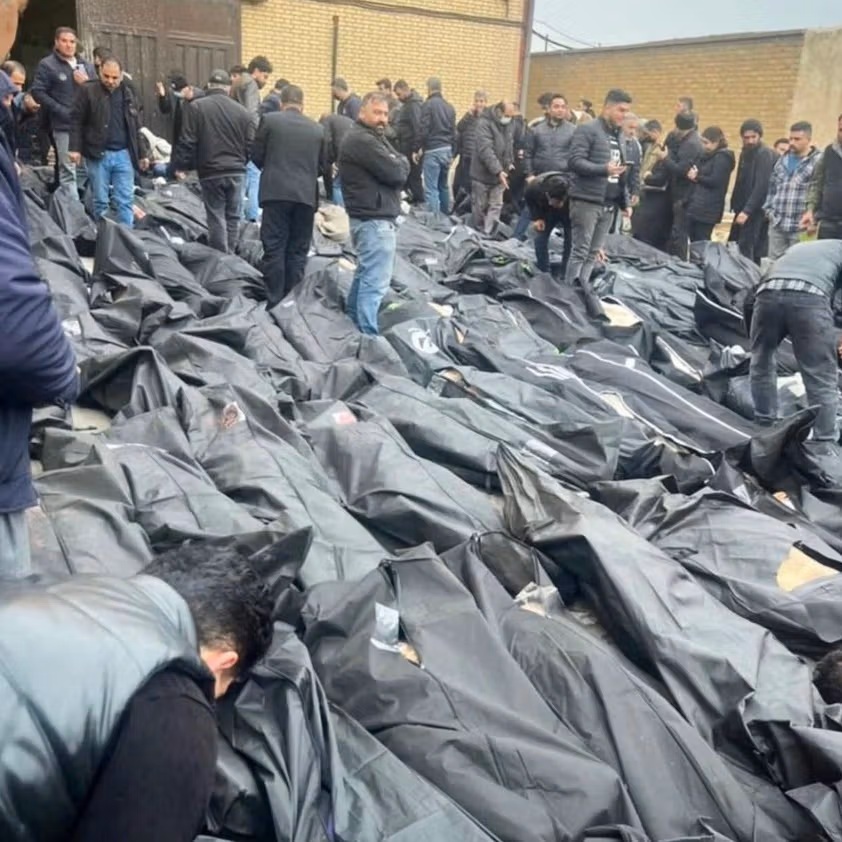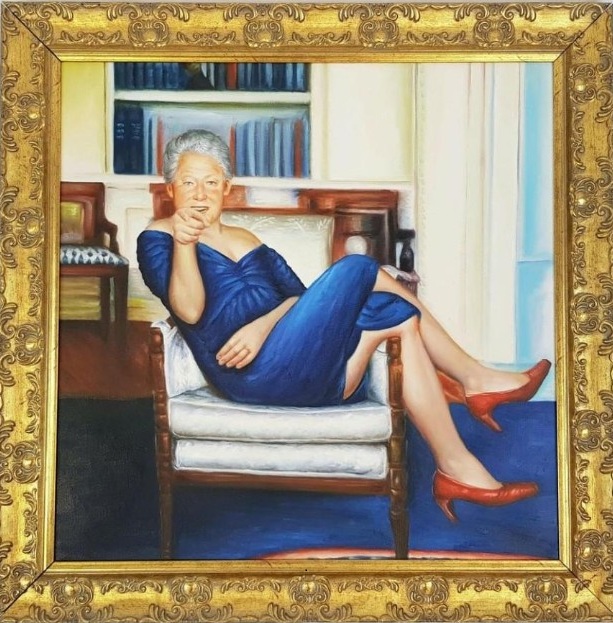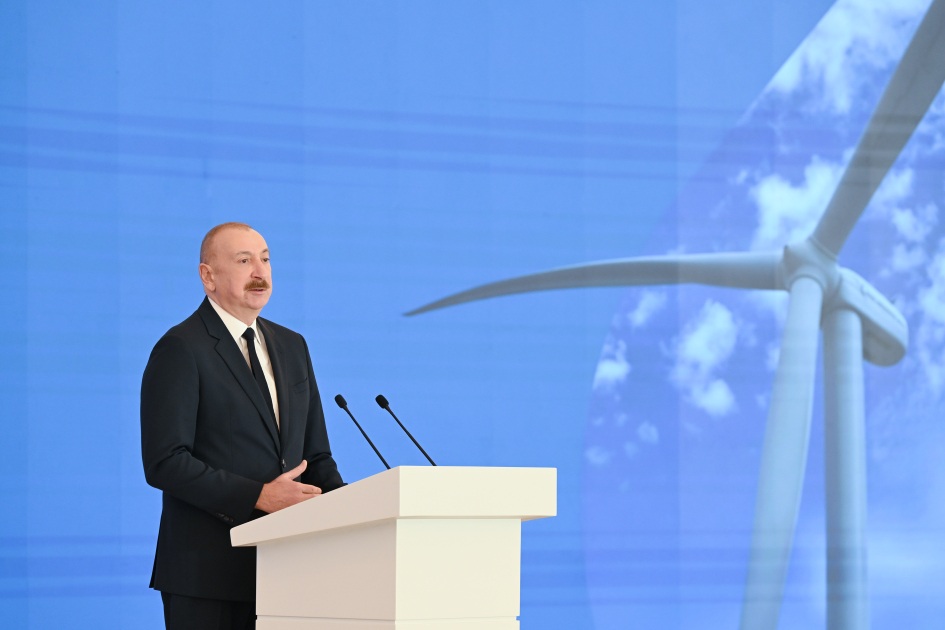
Azerbaijan has drawn increasing attention as an emerging middle power in global geopolitics. The strategic use of energy resources has characterised its rise, its geographic position at the crossroads of Eastern Europe and Western Asia, and the skilful use of multi-vector diplomacy.
By Robert M. Cutler
Its growing diplomatic, economic and military capabilities reflect its evolving role as a stabilising force in the South Caucasus and beyond. Originally more Western-oriented upon gaining independence, the country has, for at least the last decade, increasingly balanced relations with major global and regional powers whilst maintaining its sovereignty.
In the last few years, the question of whether Azerbaijan has gained the status of a middle power has been raised. A “Middle power” refers to a country that is not a superpower but still has significant influence and importance on the global stage. While the exact definition is still debated, middle powers can have relatively strong economic, diplomatic, and military capabilities.
In the present-day international system, middle powers can help stabilise the global order and mediate among more extraordinary powers. Like Azerbaijan, they often focus on multilateralist and plurilateral diplomacy for this purpose.
In contrast to multilateralism, which involves cooperation amongst many states and includes many nations, often working on general issue areas, plurilateralism refers to international cooperation involving a limited number of countries working together on specific issues. As such, it allows for flexible, targeted agreements amongst a subset of states that share common interests without requiring consensus from all global actors.
Azerbaijan has used both multilateralism and plurilateralism to promote its relations with other countries, creating a sustained network of cooperation and interdependence that increases its diplomatic profile in general and supports the pursuit of national interests.
The post–Cold War era appears more accommodating to a growing number of middle powers than previous international systems. This shift is not solely due to the increased number of independent states. Electronically mediated communications, including the Internet, have enhanced the ability of states to collaborate even without traditional power projection capabilities.
With more potential middle powers than ever before, these nations can now engage with other similarly positioned states. The scope of international politics has significantly broadened in recent decades, extending beyond traditional military and security concerns.
This has happened because knowledge has grown to be able to problematise other international issues and because populations have become better educated and more participants in the domestic affairs of states.
These populations consequently make more political demands on their leaders, who find it in their interest to cooperate with other leaders in these non-traditional issue areas. Such a networked promotion of common interests can create subtle but significant medium-term shifts in international-system configurations, characteristically usually outside the traditional military-strategic security agenda of power politics.
Azerbaijan’s Foreign Policy
Azerbaijan’s foreign policy transformation started in the 1990s. It initially aligned with the West, driven by energy investments and participation in NATO’s Partnership for Peace. Landmark energy projects, like the Baku–Tbilisi–Ceyhan pipeline, reinforced its independence.
Azerbaijan became cautious about Western intentions after the failure of the Turkey–Armenia rapprochement talks, which were pushed especially by Washington at the end of the 2000s. From 2009 to 2016, as US interest in the South Caucasus waned under the Obama Administration, Azerbaijan shifted to a multi-vector foreign policy, engaging with Russia and Turkey and exploring deeper contacts with Central Asia.
Azerbaijan’s energy leadership was its first turn in the plurilateral direction. Here, one can point to the 2004 Baku Initiative, which collaborates with the European Union and regional partners to promote energy policy coordination and secure reliable European exports, a critical strategic priority. In this connection,
Azerbaijan is a pivotal player not only in the Baku–Tbilisi–Ceyhan oil export pipeline—the first pipeline in the global history of the industry to pass through three participating states—but moreover in the Southern Gas Corridor (SGC) for natural gas to Europe, which would not have been built without Azerbaijan driving the state company SOCAR’s participation.
More generally, one can point to Azerbaijan’s leading role in the Non-Aligned Movement (NAM), of which it was the president-in-office from 2019 to 2022 and the founder of its Parliamentary Network, which it continues to chair. This multilateral engagement complements Azerbaijan’s role in the GUAM Organization for Democracy and Economic Development (GUAM), founded in 2005 based on a previously existing forum. It collaborates with post-Soviet states—Georgia, Ukraine and Moldova—to foster regional security and economic development.
Likewise, Azerbaijan’s deep engagement through the Organization of Turkic States (OTS) has reached the point where the five Central Asian countries now consider Azerbaijan a Central Asian nation and invite it to every regional meeting. Azerbaijan and Kazakhstan have driven the development of the Trans-Caspian International Transport Route (TITR, Middle Corridor).
Azerbaijan itself has been key to the upgrade and expansion of the Baku–Tbilisi–Kars railway component of the TITR. The plurilateral Organisation of Black Sea Economic Cooperation, the Caspian Economic Forum, and other multilateral forums connect Central Asia, the South Caucasus, and Europe, facilitating trade and economic integration.
Diplomatic agility, resource management, and geographic advantage have marked Azerbaijan’s ascent to middle-power status. These activities highlighted Azerbaijan’s comprehensive strategy of fostering regional cooperation across diverse platforms and strengthening its influence through energy, transport, and diplomacy. Discussion of each could be expanded with detail regarding its practical effects and results.
Following the 2016 clashes with Armenia, Azerbaijan briefly re-engaged with the West, increasing defence cooperation and energy exports to Europe. However, it maintained a pragmatic approach, balancing ties with Russia and Turkey.
The Second Karabakh War in 2020 marked another turning point. Throughout the early 2020s, aggressive Western diplomacy under the sway of the international Armenian diaspora opposed Azerbaijan’s actions. This led Baku to turn more decisively towards Eastern and Global South alliances, including a new strategic partnership with China, as it sought new partnerships and opportunities while continuing its regional leadership and multi-vector diplomacy approach.
The country’s ability to balance relations with major powers like Russia, Turkey, and the West has been instrumental in reinforcing its autonomy and allowing it to expand its influence. The country’s proactive role in regional diplomacy, particularly in the broader South Caucasus region, as well as with Turkic-speaking nations and as a key link in energy and transit corridors, has elevated its international standing.
Azerbaijan’s emergence as a middle power reflects its ability to leverage its particular situation strategically, illustrating the impact a middle power can have in a multipolar world.






